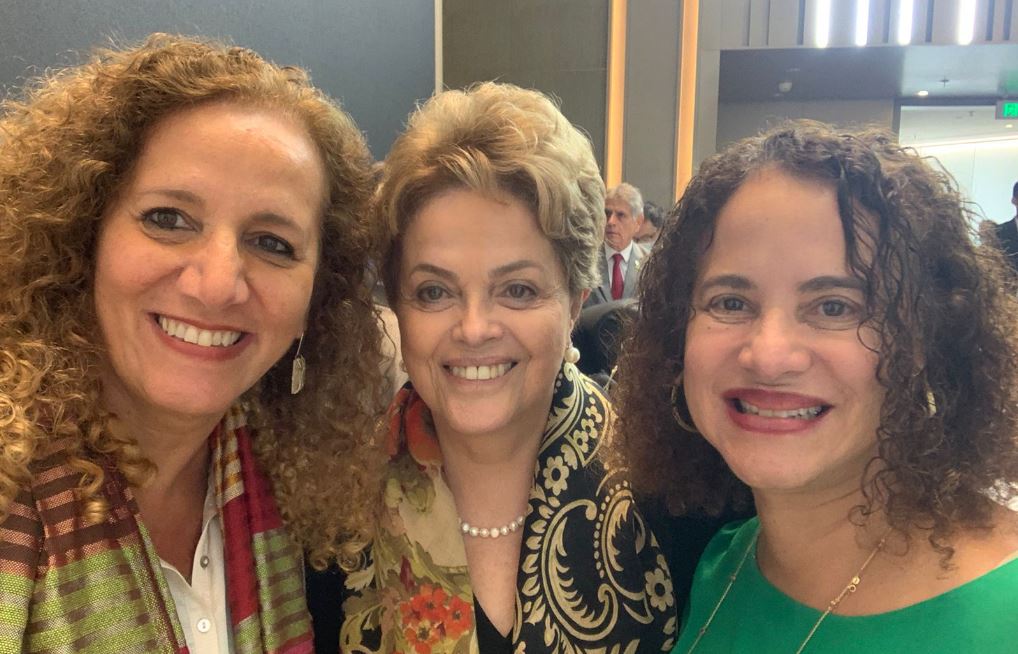
Published 14/04/2023 14:59 | Edited 4/17/2023 1:27 PM
Seven years after seeing Dilma Rousseff suffer a political coup that removed her from power, I was able to witness this week, in Shanghai, another historic moment in her unique trajectory. Dilma became president of the Brics bank with a remarkable and inspiring inauguration speech. By highlighting the bank’s commitment to the development of the Global South, based on investments in infrastructure in sanitation, transport, the digital area, clean energy and environmental protection, Dilma positions the institution at a new level: a committed development bank , a partner and willing to promote financing on an adequate scale for emerging and developing countries.
The BRICS is originally formed by Brazil, Russia, India, China and South Africa. Together, the five countries represent 40% of the world’s population and are responsible for 25% of the Global GDP. Now, the tendency of the bloc is to become stronger, with the adhesion of four more nations: United Arab Emirates, Egypt, Uruguay and Bangladesh. With Dilma at the helm of Banco dos Brics, the world gains a great opportunity to overcome inequalities, include and act together with governments and banks to strengthen world development.
Present at Dilma’s inauguration ceremony, the president of Brazil, Luiz Inácio Lula da Silva, gave a speech in line with the thoughts of the new president of the bank. In his speech, Lula praised the role of emerging countries in redefining the global power chessboard, a movement that can contribute to reducing inequalities, hunger and the effects of climate change across the planet.
The Brazilian president also questioned the dollar as the dominant currency in world trade and proposed the use of a commercial currency, in addition to the dollar, to strengthen and encourage new relations between the countries. In addition to extolling the importance of the Brics bank as an alternative to the financing model imposed by rich countries on poorer nations, Lula defended the reform of the IMF and the World Bank, and spoke of using “creatively” the Brics and the G20 to reinforce priority issues for the developing world on the international agenda.
Still in Shanghai, I participated in President Lula’s entourage to the Huawei Research and Technological Development Center. The company is a global technology provider of information industry and communications solutions, and the conversation there was about partnerships and solutions in 5G, telemedicine, education and connectivity. After that, we visited Suzano, a Brazilian company that produces eucalyptus pulp and a world leader in the paper market. Important visits to strengthen the partnership between Brazil and China, and to learn more about the largest market for innovations and technology. A most fruitful trip.
Source: vermelho.org.br

